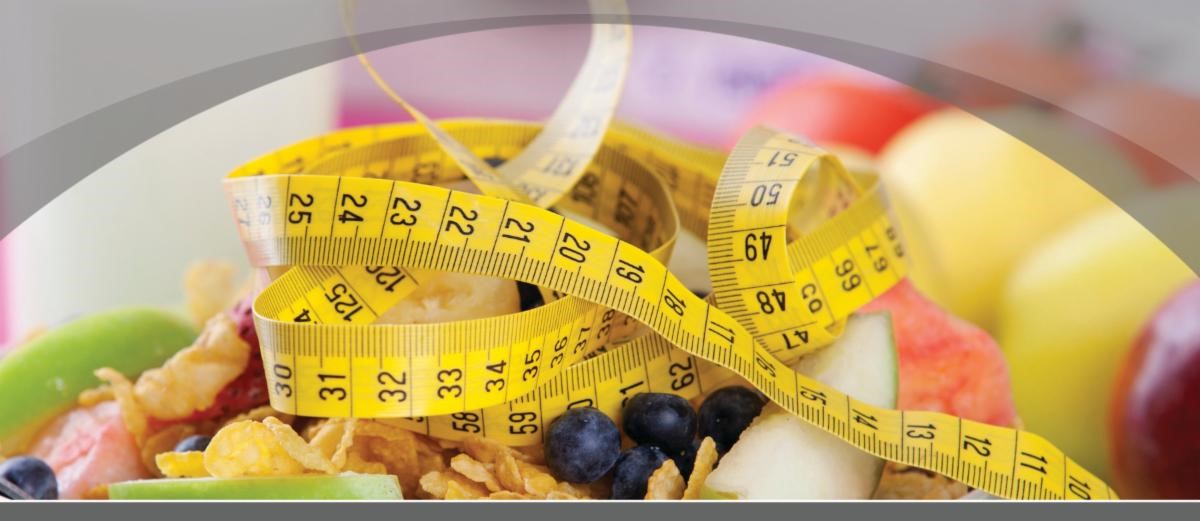Body Image in a Culture of Fat Phobia

At times it can feel like it’s impossible to have a positive relationship with our body image. We are inundated with ads that encourage us to lose weight via this supplement or that diet/wellness program, guaranteed to give you results. Diet Culture is a multibillion-dollar industry and it’s been around for generations. However, a fact to consider is that diets do not work. In a large-scale 2015 study of 278,000 people, it showed within 5 years, 95-98% regained all the lost weight (or more) (Fildes et al, 2015). Diets are designed to fail and instead of taking responsibility for that failure, they turn the blame onto the dieter. The reality too, is that even when the weight is lost, most of us still don’t feel confident in our bodies. Fatphobia is a driving force for the diet culture industry. The more afraid we are of fat bodies, the more we subscribe and pay into the thin ideal. Fatphobia is woven into the fabric of our culture, and it’s become so commonplace, we may not even notice when it’s present. For years we have rarely seen fat bodies on television or in ads and when we do, these characters are shown as the butt of the joke, the silly friend, or the lazy one who is always eating but almost never the main character or the one who finds love. We live in a world in which certain seats or devices do not accommodate larger bodies. We have until very recently, forced those in larger bodies to shop at specialty stores or online for clothes that can accommodate their size.
It’s become commonplace to gab to our friends about which “program” we are trying this week and we might even find community in joining along. We regularly talk negatively about our bodies or praise others for looking “great” after some noticeable weight loss without stopping to consider how this weight loss was achieved. We make unprovoked comments about other people’s bodies and children and even adults are often bullied relentlessly if they exist in a larger body. And with each time we make these comments we reinforce the narrative again and again that fat is bad and thin is the goal.
And it’s not just our culture that contributes to our unhappiness with our bodies. With our healthcare system waging war on obesity, it’s no surprise that many of us will search out any means to lose weight in the name of health. The BMI continues to be used to determine who is at risk even though BMI only accounts for our height and weight and no other measurement of health. While thin is often promoted at “healthy” for a large portion of the population, working tirelessly to achieve this goal, is anything but health-promoting. If we consider the steps we often take to achieve the thin ideal, we have to acknowledge that most of these involve hurting our bodies. These include everything from denying ourselves basic needs like nutrition to invasive surgeries, all in the name of health. Not to mention the shame and ridicule we often experience not only from others but from our own internal dialogue as well.
“While it is well established that obesity is associated with increased risk for many diseases, causation is less well-established. Epidemiological studies rarely acknowledge factors like fitness, activity, nutrient intake, weight cycling, or socioeconomic status when considering connections between weight and disease. Yet all play a role in determining health risk. When studies do control for these factors, increased risk of disease disappears or is significantly reduced.” (Bacon & Aphramor, 2011) In other words, living in a larger body does not automatically mean that one is “unhealthy”.
While we are on the topic of health, let’s also consider that dieting is a major risk factor for the development of eating disorders. The National Association of Anorexia Nervosa and Associated Disorders (ANAD) reports that 9% of the US population will develop an eating disorder in their lifetime and only 6% of those who are diagnosed are considered “underweight”. Eating disorders also have the highest mortality rate of all other mental health disorders, 2nd only to opioid overdoses and this is true for people, regardless of their size.
As a result of these experiences, we all have certain internalized biases surrounding weight which also contribute to our body image. We might make assumptions of someone’s health, intelligence, willpower, or overall lifestyle based solely on their body shape and size. The reality is however that we cannot determine any of these above traits just by looking at someone.
So if we can accept that all bodies are not meant to be thin and thinness does not equal health, then perhaps we could forge a different relationship with our bodies. When we focus on listening to our bodies instead of on external rules, we naturally lean into behaviors that are health promoting. Such behaviors include eating a variety of foods, engaging in joyful moment, and practicing a relationship with our bodies that prioritizes taking care of ourselves in the way we might care for a good friend. When we are not focused on losing weight, we are able to make decisions based on trust and our own internal wisdom.
The following are some strategies one might consider to begin the journey of moving away from diet culture and fatphobia and into a place of peace, trust, and an overall more friendly relationship with our bodies.
- Grieve the “ideal” body. In order to improve your relationship with your body, we have to first begin to let go of the “ideal” and accept the wonderful body you have. This may involve some of the phases of grief such as denial, anger, bargaining, and depression, before achieving acceptance.
- Ditch the negative self-talk. Every time you notice yourself calling yourself names and making negative comments about your appearance, stop, put your hand on your heart, and give yourself a compliment, body-focused or otherwise. You might even consider writing a few compliments down and posting them up as easy reminders that you are more than your body. A good rule of thumb here is begin to talk to yourself in the same manner you would a good friend.
- Practice Body Gratitude. Take 5 minutes each day, find a quiet place, close your eyes, and scan down through your body. Notice any sensations, thoughts, or feelings that you notice as you bring awareness to your body. If you are finding a lot of negative energy around one or more parts of your body, begin to shift that focus to what that part of your body does for you. Begin relating to your body as a good friend who trying to take care of you.
- Listen to your body and start rebuilding body trust. Start making it habit to begin to check in with your body regularly. This is a practice that is often lost for those that have been chronic dieters because dieting relies on rules rather than our body for what we can eat or how to move. As you check in, begin to respond according to your body’s signals such as eating when you are hungry, moving when you feel restless, or resting when you are tired.
If you continue to struggle with your relationship with your body, consider talking to a therapist who has experience with body image and who is familiar with Health At Every Size (HAES) or the practice of Intuitive Eating in order to help guide you even further in your journey towards body acceptance.
References:
Anorexia Nervosa and Associated Disorders (n.d.) Eating Disorder Statistics. https://anad.org/eating-disorders-statistics/
Bacon, L., & Aphramor, L. (2011). Weight science: Evaluating the evidence for a paradigm shift. Nutrition Journal, 10, 9.
Fildes, A., Charlton, J., Rudisill, C., Littlejohns, P., Prevost, A.T., &Gulliford. M.C. (2015). Probability of an Obese Person Attaining Normal Body Weight: Cohort Study Using Electronic Health Records. Am J Public Health, 105, 9, e54-9. doi: 10.2105/AJPH.2015.302773. Epub 2015 Jul 16. PMID: 26180980; PMCID: PMC4539812
